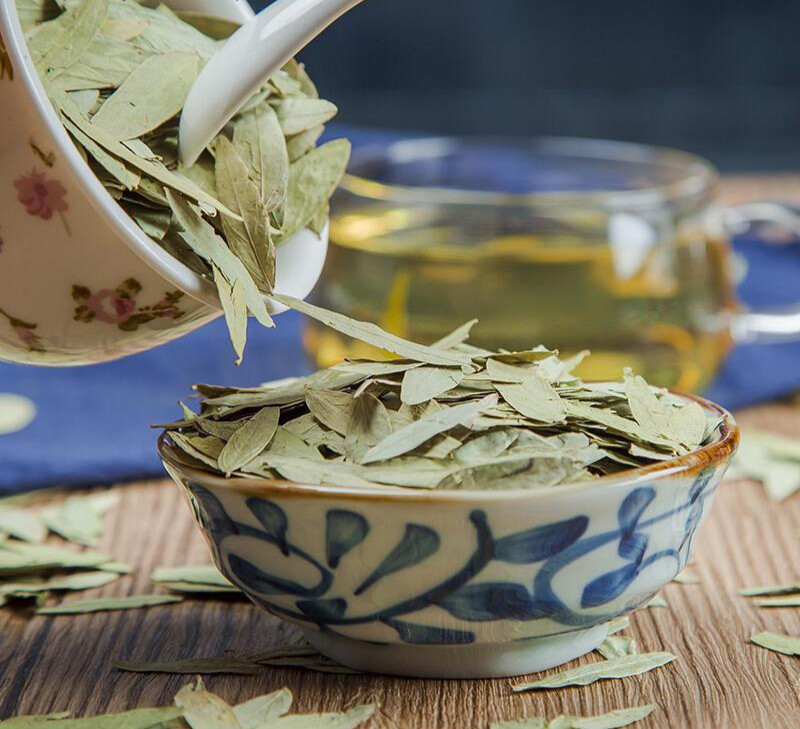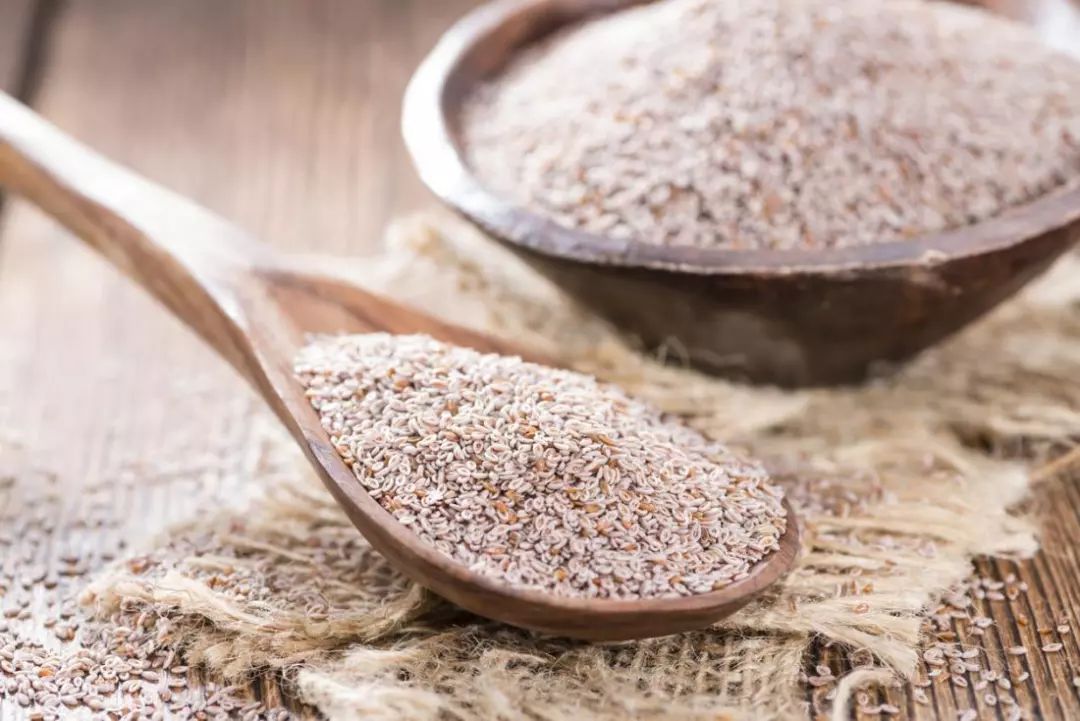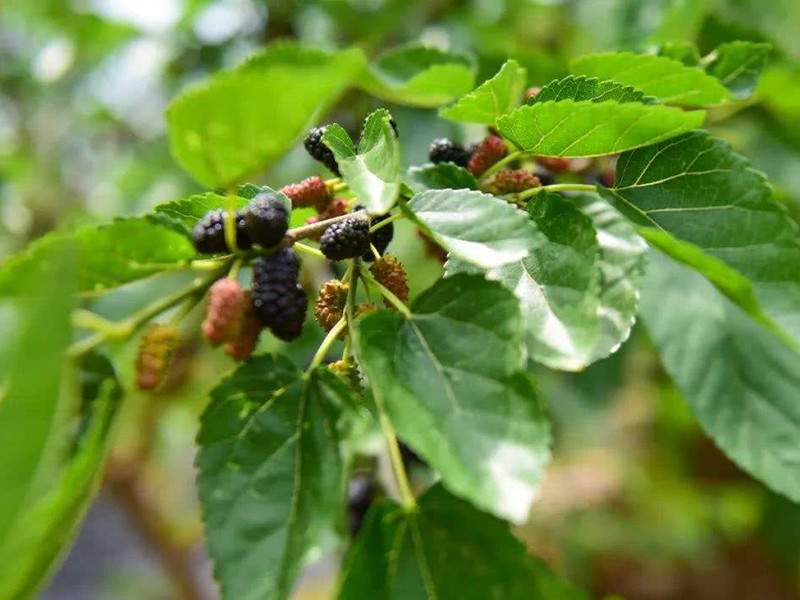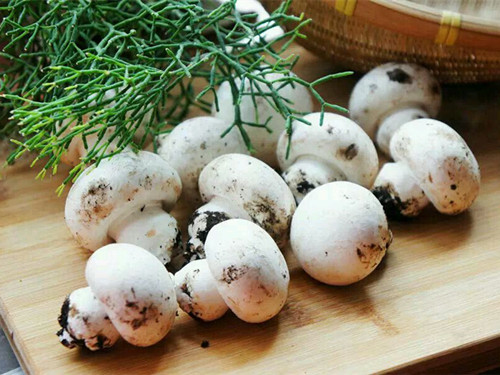Constipation can be an uncomfortable and frustrating experience for many people. It occurs when bowel movements become difficult or infrequent, often resulting in bloating, abdominal pain, and a general feeling of discomfort. Compared with certain chemical laxatives, many individuals prefer herbal remedies.
Using herbs for constipation relief offers several advantages. They are gentle and non-addictive, supporting the body’s natural processes and do not disrupt the delicate balance of the digestive system. Some herbs contain compounds that can act as natural laxatives, helping to soften the stool and promote regular bowel movements. Some plants often have a mild stimulant effect on the intestines, triggering peristalsis (the contraction of smooth muscles in the intestines). There are numerous herbs known for their effectiveness in relieving constipation symptoms. Here we will explore the top 5 herbs for constipation relief:
Senna
Senna is a powerful herb that can alleviate bloating and discomfort associated with constipation. It’s commonly used as a natural laxative that it works by stimulating the muscles in the intestines to contract more forcefully. Its leaves and pods contain compounds called anthraquinones, which have a laxative effect on the colon and help to move stool through the intestines more quickly. Senna is available in the form of tea, capsules, or tablets. In some natural health foods, only a small amount of natural senna leaves, combined with natural plant dietary fiber, can have a good effect on laxation, and it is more gentle on the intestine. It is essential to use senna sparingly and for short periods, but it can also cause side effects such as cramping and diarrhea, especially if taken in high doses and prolonged use.
Rhubarb
Rhubarb provides a gentle approach to alleviating constipation symptoms without causing dependency or addiction used as a stimulant laxative. It contains compounds that irritate the lining of the intestines, which triggers the muscles to contract more forcefully. Rhubarb is also a laxative, but it is not as strong as senna, they should be used with caution because they can also cause side effects.
Psyllium Husk
Psyllium husk, a soluble fiber derived from the seeds of the Plantago ovata plant.It works by absorbing water in the intestines, forming a gel-like substance in the intestines that softens the stool and promotes healthy bowel movements. It also improve overall digestive function, soothe the digestive tract, reduce inflammation, and promote the growth of beneficial gut bacteria.
Aloe Vera
Aloe vera is not only famous for its skincare benefits but also for its ability to promote bowel regularity. Aloe vera juice or gel can be consumed to relieve constipation. It contains anthraquinone glycosides that act as natural laxatives, they can increase intestinal water content, stimulate mucus secretion, and stimulate bowel movements.
Mulberry leaves
Mulberry leaves have a long history of use for constipation in Traditional Chinese Medicine. It contain a variety of DNJ minerals, which are nutrients needed by the human body. It stimulates nerves in the gastrointestinal (GI) tract, softens the stool, is a soothing herb that can help to relax the muscles in the intestines. Mulberry leaves are often made into tea bags with lotus leaves in China, they can also act as a detoxification agent in addition to treating constipation. The herbs are natural and generally well-tolerated, minimizing the risk of adverse side effects often associated with certain medications.
Cistanche deserticola
Cistanche deserticola has a history of more than 2000 years of traditional Chinese medicine, and it also contains echinoside and verminoside, which have been recognized as the most beneficial ingredients for the human body. Experiments have shown that Cistanche deserticola extract rich in echinoside can significantly promote intestinal peristalsis, increase intestinal osmotic pressure, soften stool in the large intestine, and have the effect of defecation without harming the intestines, and also have a good improvement and prevention of colitis. Cistanche can bulk up stool and make it easier to pass, no abdominal pain, diarrhea problems during defecation, especially suitable for constipation in the elderly, and no side effects.
In addition, a fiber-rich diet, drinking plenty of water, abdominal massages, and exercise are all important for preventing and treating constipation, but if these measures and nutritional supplements don’t solve the problem, try some herb herbs remedies, which is more safe and they work for constipation relief by stimulating the muscles in the intestines, increasing water content in the stool, or relaxing the muscles in the intestines. Noting that different herbs may work better for different people depending on individual preferences and the underlying cause of constipation. It is important to talk to your doctor before using any herbal remedy, especially if you have any underlying health conditions. If you experience any side effects, stop using the herb and talk to your doctor.
- Dandelion Extract: What It Is, Benefits, Uses and Side Effect - April 23, 2024
- Is Berberine Extract Help For Weight Loss? - April 11, 2024
- Why Is Pysllium Husk Powder A Popular Meal Replacement Ingredient? - April 3, 2024






